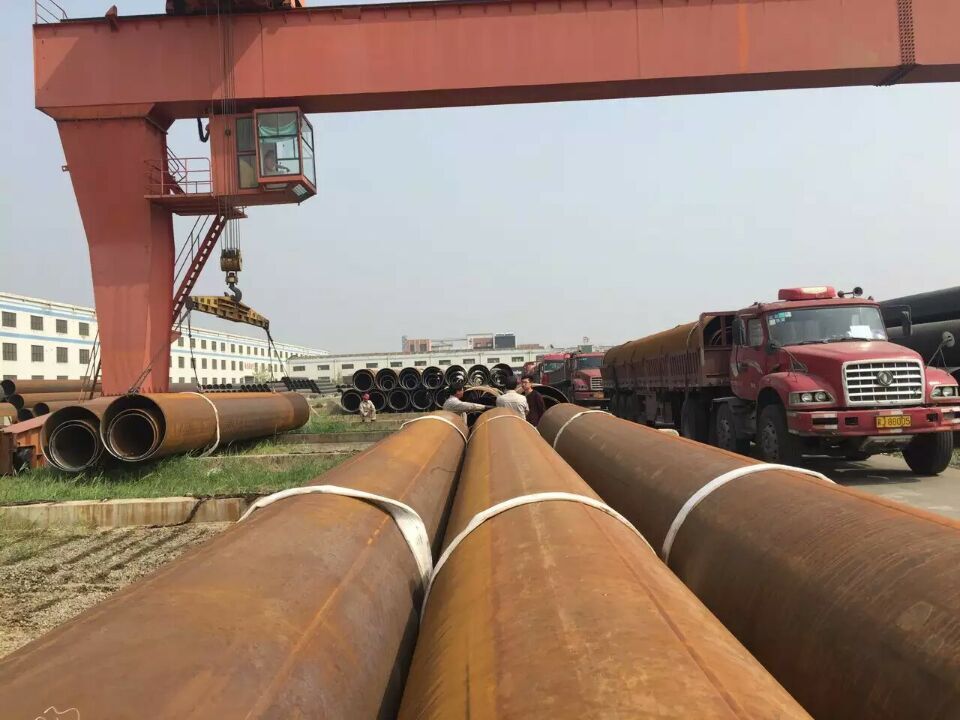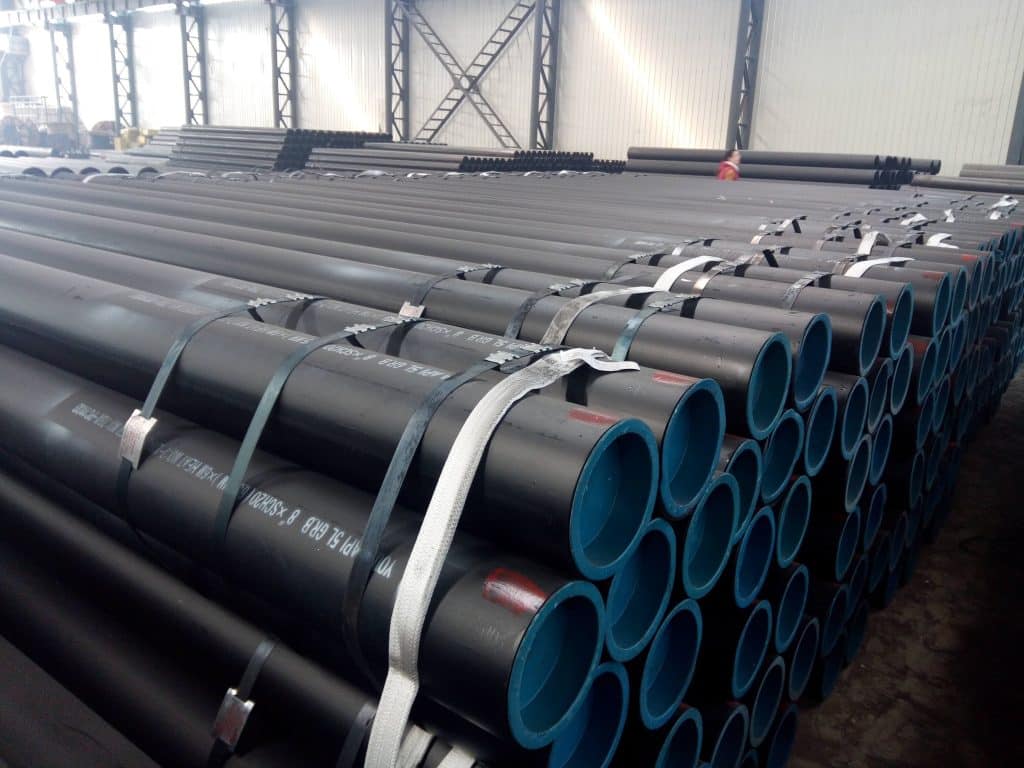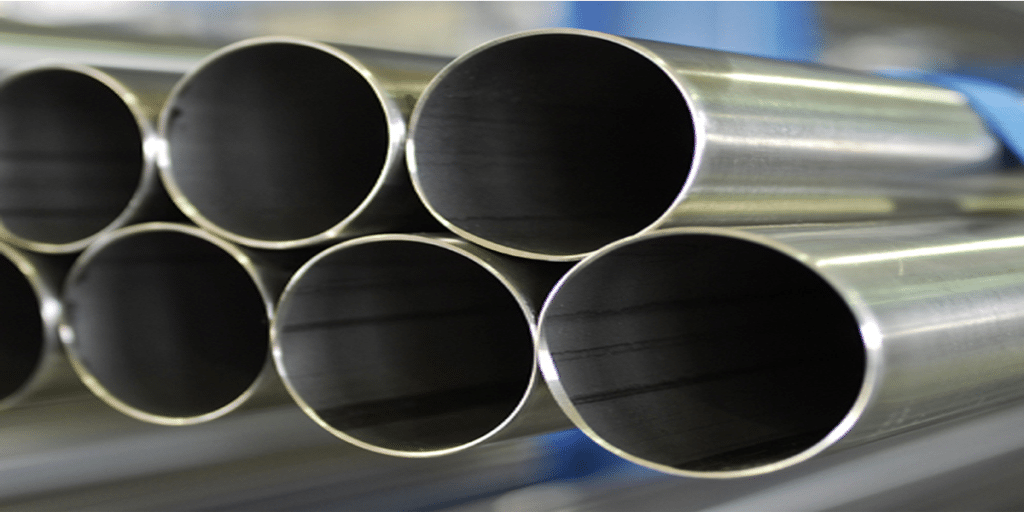What is the difference between API 5L and ASTM?
API 5L vs. ASTM: Understanding the Difference
API 5L (American Petroleum Institute Specification 5L) and ASTM (American Society for Testing and Materials) are two prominent organizations that play a key role in setting standards for a wide variety of materials and products, especially in the oil and gas industry. While both entities contribute to standardization, they serve very different purposes and their specifications address different aspects of materials used in different applications. This paper will take an in-depth look at the key differences between API 5L and ASTM, exploring their scope, areas of focus, and how they affect material selection and implementation.
API 5L: Navigating Pipeline Standards
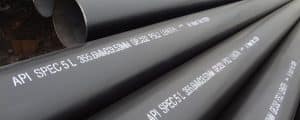
API 5L is the cornerstone of the pipeline standards field. It is specifically designed to provide guidance for the manufacture and use of pipelines for the transportation of oil, gas and water.API 5L is primarily for seamless and welded steel pipe used to transport hydrocarbons over long distances.
A distinctive feature of API 5L is that it is divided into two product specification levels (PSL1 and PSL2). PSL1 sets the basic requirements, including chemical composition, mechanical properties and non-destructive testing. PSL2, on the other hand, introduces more stringent standards, including additional testing, improved chemical composition control and enhanced mechanical properties. grades in API 5L(PSL1 & PSL2), such as Gr.B, X42, X46, X52, X56, X60, X65, X70. denote different levels of strength and composition tailored to specific operational needs.
ASTM: Cross-Industry Generalization
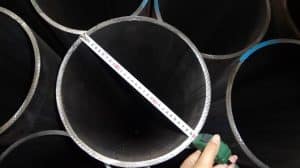
Unlike the centralized nature of API 5L, ASTM is a much broader organization with a comprehensive range of standards that extends beyond the oil and gas industry.ASTM’s standards cover a wide range of materials, products, systems, and services, making them pivotal in a variety of industries, including construction, manufacturing, and materials testing.
While ASTM also develops standards related to piping materials, it does not specialize in line pipe standards like API 5L. Instead, ASTM’s products are diverse, ranging from metals and construction materials to textiles and more. For example, ASTM A106, A53, and A333 are specifications under ASTM related to seamless carbon steel pipe for high-temperature service, general purpose, and low-temperature service, respectively.
Key Differences and Considerations:
1. Industry Focus: API 5L is specifically tailored for the oil and gas industry to meet the needs of pipeline construction. In contrast, ASTM applies to a wide range of industries, making its standard more versatile.
2. Product Types: API 5L covers both seamless and welded pipe, emphasizing its use in long-distance transportation.ASTM specifications, depending on the type (e.g., A106, A53, A333), may focus on either seamless or welded pipe, and serve different applications. API 5L covers both seamless and welded pipe, emphasizing its use in long-distance transportation. API 5L covers both seamless and welded pipe, emphasizing its use in long-distance transportation.
3. Classification of grades: API 5L grades are intended to indicate different levels of strength and suitability for specific conditions in pipeline operations.ASTM grades (see specifications such as A106 and A333) reflect variations in temperature resistance and service conditions.
4. Scope of standards: API 5L is primarily for line pipe, while ASTM standards are broad in scope, covering materials and products used in a variety of applications.
Conclusion: Harnessing Standards to Achieve Industry Excellence
Both API 5L and ASTM play a pivotal role in setting standards for materials used in various industries. API 5L’s focus on line pipe for the oil and gas industry complements ASTM’s extensive contributions to standardization. The choice between API 5L and ASTM specifications depends on the specific requirements of the project, emphasizing the need for careful consideration of factors such as industry, product type and grade classification. Ultimately, these standards together contribute to ensuring the quality, safety and reliability of materials in a variety of applications worldwide.
LONGMA is one of China leading steel pipes manufacturers since 2003, certified by API 5L, ISO9001, ISO14001, FPC. Contact by info@ilongma.com to get more information.

